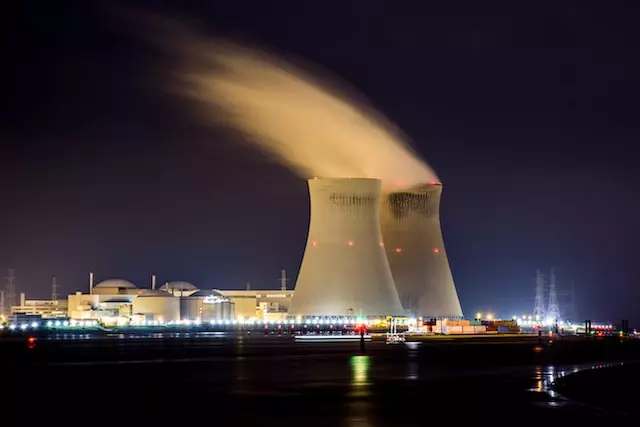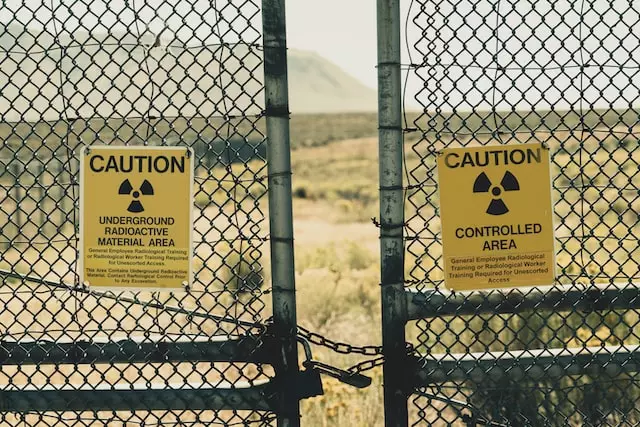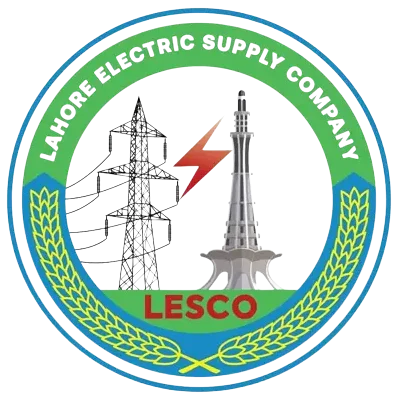The Pros and Cons of Nuclear Energy
Nuclear energy is a type of energy that is produced by the splitting of atoms, a process called nuclear fission. This process releases a large amount of energy, which can be harnessed to generate electricity. Nuclear power plants use the heat produced by nuclear fission to generate steam, which drives a turbine connected to a generator. The generator produces electricity, which can then be distributed to homes and businesses.
“Nuclear power is here to stay, and we need to support a strong domestic uranium industry.”__ Michael C. Burgess
With this inventory are a number of benefits and counterparts had equal drawbacks. Because the energy produced is massive it can be beneficial only when it is under control. If those parts have ifs and buts, it can be dangerous and extremely dangerous. Let us go through some benefits and drawbacks.

Pros
High Energy Density
The break and fission of the atom are no joke. This process generates a lot of energy, massive amounts and it is a fair chance that produced energy gets out of hand. This is a positive point as compared to energy produced by fossil fuel or any other resource. The nuclear power plant has less space as well as compared to hydro plants or fuel-based plants. They also have less of an environmental footprint compared to other energy sources.
Low Greenhouse Gas Emissions
Nuclear power plants do not emit greenhouse gases during operation, making them a potentially attractive option for countries looking to reduce their carbon emissions. As they are solely based on atomic characteristics. So they are more on the table on the compound or molecular energy emitted by the substance. Uranium and such related components on right and left of the periodic table have similar qualities and do not have carbon-based molecules so they don’t contribute to the greenhouse effect.
Why Electricity is Important in Our Daily Life?
Reliability
Nuclear power plants are able to operate at a high capacity factor, meaning they are able to produce electricity for long periods of time without interruption and production is enough that if something goes wrong with the plant and or some hindrance in production, the previous production lasts more than other resources. This makes them a reliable source of energy.
Not Intermittent
No intermittent means no hindrance in working. Hydro plants have to have a stop or a look when there is not enough water in the dam. Wind turbines stop when there is no wind. Even with the fuel-based industry, they are dependent on fuel supply. But in the case of nuclear a small spec can produce massive energy. With the sudden and rapid increase of urbanization and modern ways and times, we need energy.
Cons

High Upfront Costs
Building a nuclear power plant is a complex and expensive process. The high upfront costs can be a barrier to entry for some countries and companies. Although it is a cost that will generate five times more than the cost needed to establish. Yet again some countries cannot afford it. Countries are putting their hands together for building not massive units but smaller units as well that can be enough to supply electricity or any form of support to a certain area.
Safety Concerns
Nuclear accidents, such as the Fukushima Daiichi disaster in Japan and the Chornobyl disaster in the Soviet Union, have raised concerns about the safety of nuclear energy. While the likelihood of a nuclear accident is low, the consequences of such an event can be severe. The energy produced is massive and it is likely that it gets out of hand or control. Safety is first priority. The energy produced will be of no use if it’s not safe to use.
Waste Disposal
The byproduct of nuclear is also very harmful. Different nations have different ways of disposal. Some dispose away in the water and some bury it in the ground. One thing should be in black and white, even when the chemicals are of no use they still emit energy. That energy might not be of any use but that is causing harm to other living matter. These materials in raw form are also on the earth but they are activated for the production of power and hence when disposed of away are in some semi-form of the activated state. Disposing of this waste safely is a complex and expensive process, and there is currently no permanent solution for storing it.
The Shocking Truth: What Will Happen without Electricity?
Limited Fuel Supply
Nuclear energy relies on a limited supply of uranium, which must be mined and processed before it can be used as fuel. This could become a problem if the demand for nuclear energy increases significantly in the future. There are other materials as well that may or may not replace uranium. Finding such nuclear substances is not an easy task and once found the extraction and supply are also expensive. Henceforth the whole nuclear plant costs a fortune and in contrast, makes fortunes.
Everything has its two sides or stories. Nuclear energy is an alternative to some other abundant resources. We have many cheap ways to produce electricity and use it for our daily use. But when energies like nuclear are introduced that may be for something beyond charging your phone or any other utilities. Concurring the deeps of this world and many others revolving around us we need this kind of massive energy.
Conclusion
In conclusion, nuclear energy has both advantages and disadvantages. It is a reliable and low-emitting source of energy, but it has high upfront costs and safety concerns. The disposal of nuclear waste is also a major concern, as it can be harmful to the environment and human health if not properly managed. While nuclear energy can be a useful source of electricity, it is important for countries and companies to carefully consider the pros and cons before making a decision to invest in nuclear power.
Frequently Asked Questions
What is nuclear energy?

Nuclear energy is a type of energy that is produced by the splitting of atoms, a process called nuclear fission. This process releases a large amount of energy, which can be harnessed to generate electricity. Nuclear power plants use the heat produced by nuclear fission to generate steam, which drives a turbine connected to a generator.
The generator produces electricity, which can then be distributed to homes and businesses.
What are the pros of nuclear energy?
Some of the pros of nuclear energy include that it has a high energy density, produces low greenhouse gas emissions, is a reliable source of energy, and is not intermittent.
What are the cons of nuclear energy?
Some of the cons of nuclear energy include that it has high upfront costs, safety concerns, and waste disposal issues.
Is nuclear energy a reliable source of energy?
Nuclear power plants are able to operate at a high capacity factor, meaning they are able to produce electricity for long periods of time without interruption. This makes them a reliable source of energy.
Is nuclear energy environmentally friendly?
Nuclear power plants do not emit greenhouse gases during operation, making them a potentially attractive option for countries looking to reduce their carbon emissions. However, the overall environmental impact of nuclear energy depends on factors such as the source of the electricity used to charge the batteries and the disposal of nuclear waste.
What are the safety concerns with nuclear energy?
Safety concerns with nuclear energy include the risk of accidents and the potential for radiation leaks. These types of incidents can have severe consequences, including harm to human health and the environment.
How is nuclear waste disposed of?
The disposal of nuclear waste is a major concern with nuclear energy. Different countries have different approaches to waste disposal, including burying it in the ground or disposing of it in the water. It is important for nuclear waste to be properly managed to minimize the risk of harm to the environment and human health.
Is nuclear energy a viable option for countries and companies looking to reduce their carbon emissions?
Nuclear energy may be a viable option for countries and companies looking to reduce their carbon emissions, as it does not produce greenhouse gases during operation. However, other factors such as the upfront costs and waste disposal must also be taken into consideration when making a decision about investing in nuclear power.
